As the air turns crisp and the leaves begin to paint the landscape in hues of orange and red, it can only mean one thing: Halloween is just around the corner. The season of frights, delights, and all things spooky is a cherished time for both the young and the young at heart. Whether you’re a dedicated trick-or-treater, a creative costume enthusiast, or simply someone who revels in the eerie ambiance, Halloween offers a unique opportunity to let your imagination run wild.
However, amidst the excitement, it’s important to tread carefully and avoid certain Halloween activities that have the potential to cast a shadow over this enchanting season. In this article, we’ll delve into the activities that are best left untouched if you want to ensure a Halloween experience that’s truly bewitching.
Table of Contents
ToggleDressing up in Offensive and Inappropriate Halloween costumes
Halloween, a season of creativity, costumes, and candy, brings with it a sense of playful enchantment. As we immerse ourselves in the spirit of the holiday, it’s important to remember that not all gifts align with the lightheartedness of the occasion. While it’s easy to get caught up in the excitement of Halloween, there are certain gifts that should be avoided at all costs due to their potentially offensive, insensitive, or downright inappropriate nature. In this article, we’ll delve into the world of the worst Halloween gifts, shedding light on those that should never find their way into the hands of your loved ones or acquaintances.
While Halloween is a time for creative expression and fun, it’s important to avoid costumes that are offensive, inappropriate, or perpetuate harmful stereotypes. Here are some examples of costumes that have been considered offensive or inappropriate in the past:
Cultural Stereotypes: Costumes that reinforce harmful stereotypes about certain cultures, races, or ethnicities can be offensive. This includes dressing as a caricature of a specific race, nationality, or ethnicity.
Blackface or Brownface: Using makeup to darken or alter your skin tone to imitate someone from a different racial background is extremely offensive and disrespectful.
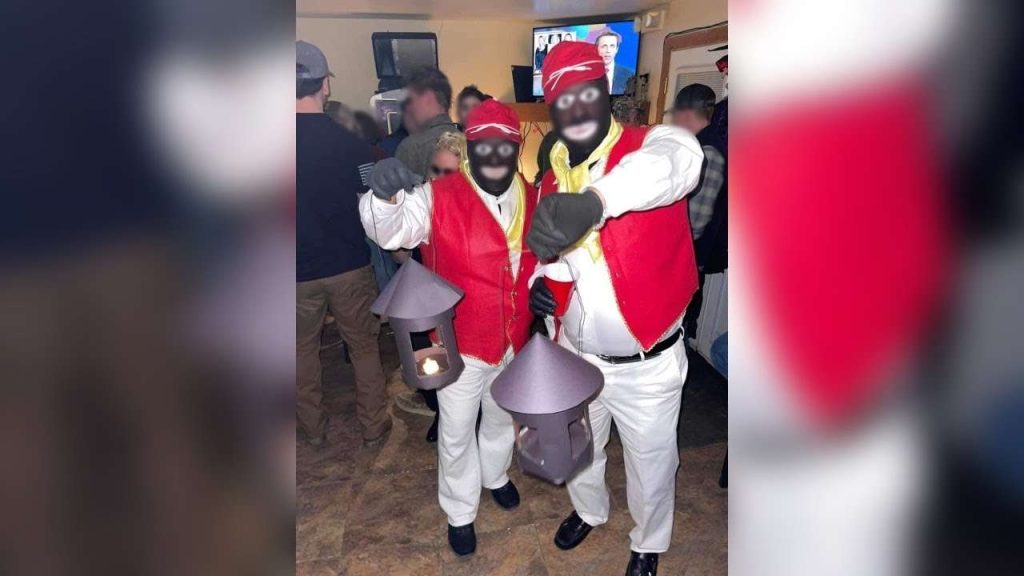
Religious Figures: Costumes that mock or belittle religious figures or practices can be deeply offensive to people of that faith. This includes dressing as religious leaders or figures in a disrespectful manner.
Mental Health or Disabilities: Avoid costumes that make light of mental health conditions or disabilities. Dressing as a caricature of a person with mental health issues or physical disabilities is disrespectful.
Gender Stereotypes: Costumes that exaggerate or make fun of gender attributes can be offensive. Avoid costumes that mock individuals based on their gender identity or expression.
Sexualized Costumes: Costumes that overly sexualize individuals or objectify them are inappropriate. Sexy versions of professions, animals, or historical figures can be offensive.
Homeless Person: Dressing as a homeless person can be insensitive and disrespectful to those experiencing homelessness. Poverty is not a costume.
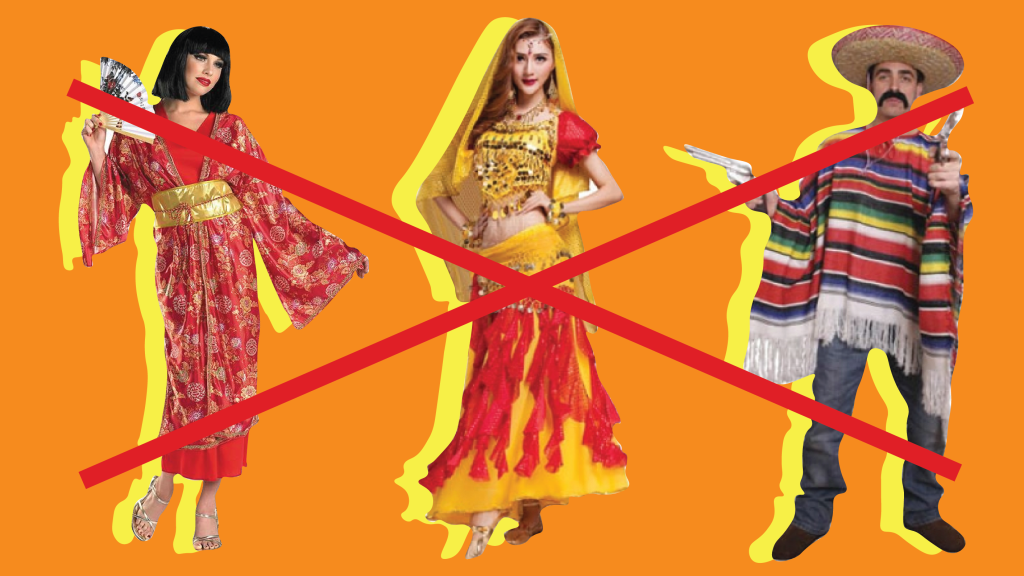
Terrorist or Offensive Characters: Costumes that glamorize or make light of terrorists, war criminals, or other offensive characters are highly inappropriate.
Victims of Tragedies: Avoid costumes that depict victims of recent or historical tragedies. Dressing as a victim of a disaster, terrorist attack, or other traumatic event can be hurtful and insensitive.
Body Shaming or Weight-related Costumes: Costumes that mock or make fun of people’s body sizes or shapes are offensive. This includes costumes that exaggerate weight, body parts, or features.
Mental Health Patients: Dressing as a “crazy” or mentally unstable character can perpetuate harmful stereotypes about mental health and stigmatize those who struggle with mental health conditions.
Genderswap or Drag: Dressing as a gender-swapped version of a specific person or a drag version of someone from a different gender can be offensive, as it can trivialize and misunderstand the experiences of transgender individuals.
Domestic Violence: Avoid costumes that make light of domestic violence or abuse. Dressing as an abused partner can be deeply hurtful to survivors.
It’s crucial to think critically about the potential impact of your costume and consider how it may be perceived by others. When in doubt, choose a costume that is respectful, creative, and celebrates the spirit of Halloween without causing harm or offense.
Pulling Halloween Pranks that Cross The Line
Halloween pranks can be a fun way to add a touch of mischief to the holiday, but it’s important to ensure that these pranks are light-hearted and considerate. Here are some examples of Halloween pranks that can cross the line and should be avoided:
Scaring Vulnerable Individuals: Jumping out or startling people who may have heart conditions, anxiety, or other vulnerabilities can be dangerous and distressing. Always consider the health and feelings of the person you’re pranking.
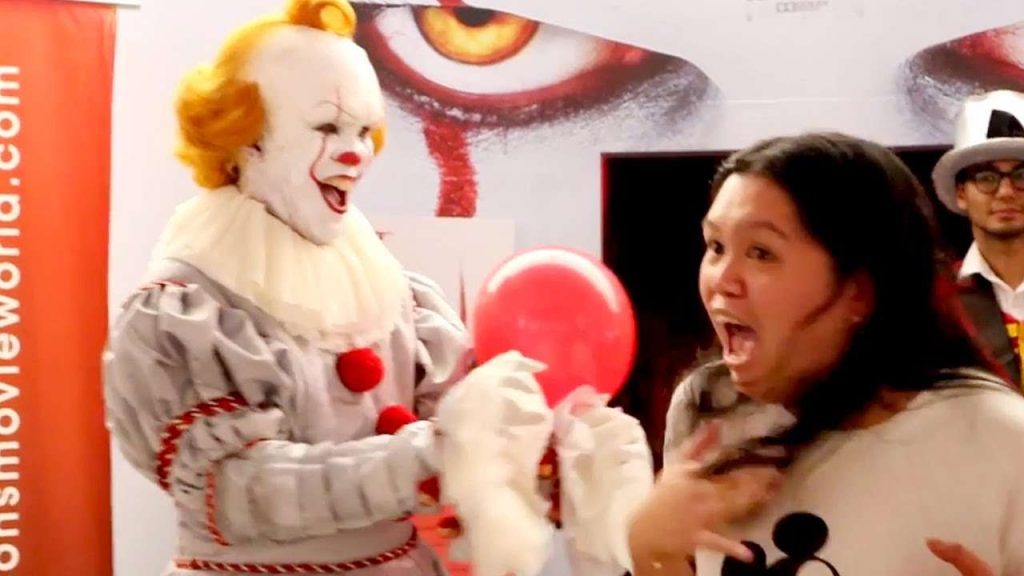
Vandalism or Property Damage: Engaging in pranks that involve damaging or defacing property is not only disrespectful but also illegal. These pranks can result in serious consequences and harm to others’ belongings.
Harmful Pranks: Any prank that could cause physical or emotional harm to someone should be avoided. This includes pranks involving dangerous objects, substances, or activities.
Emotionally Distressing Pranks: Pranks that intentionally make someone feel scared, humiliated, or emotionally distressed are inappropriate. Always prioritize the emotional well-being of those involved.
Pranks Involving Weapons: Using weapons or objects that resemble weapons in pranks can be dangerous and alarming. It’s important to avoid causing unnecessary panic or fear.
Misleading Emergency Situations: Pretending that there’s an emergency or disaster situation can cause real panic and distress. Avoid pranks that involve false alarms or emergency scenarios.
Public Disturbance: Engaging in pranks that disrupt public spaces, cause chaos, or inconvenience others can be disruptive and disrespectful to others who are not involved in the prank.
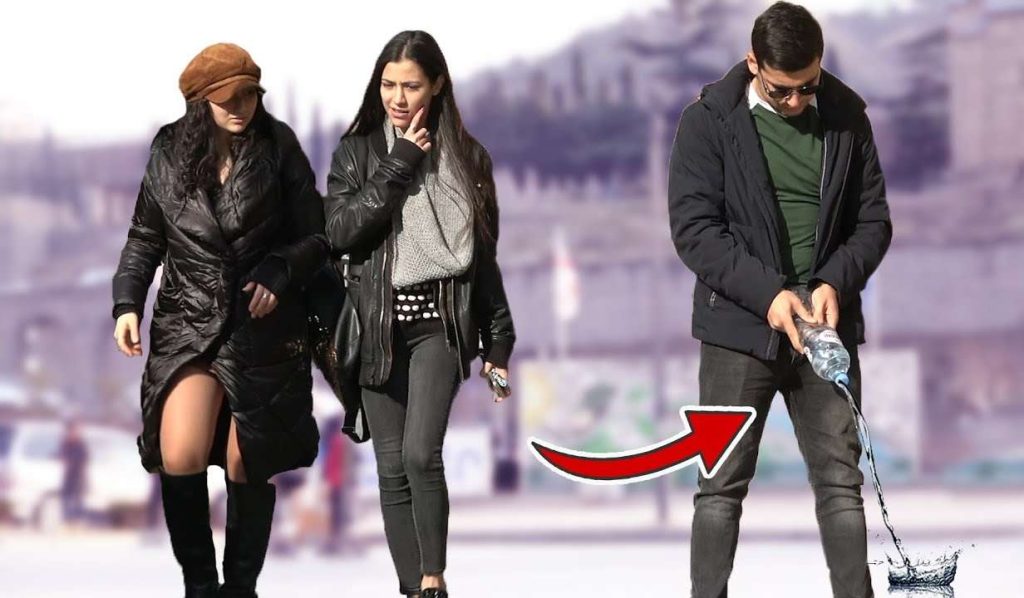
Cultural Insensitivity: Pranks that mock or make fun of specific cultures, races, or identities can perpetuate stereotypes and be hurtful to others.
Targeting Strangers: Pranks that involve strangers and aren’t consented to can be intrusive and uncomfortable for those involved. Always ensure that everyone participating is on board with the prank.
Invasion of Personal Space: Pranks that involve invading someone’s personal space without their permission can be uncomfortable and invasive.
Harassing or Bullying Pranks: Pranks that involve harassing, bullying, or belittling individuals or groups of people are harmful and should never be considered.
Pranks Involving Animals: Using animals in pranks or causing distress to animals for the sake of a prank is cruel and inhumane.
When planning Halloween pranks, it’s important to prioritize safety, respect, and consent. Make sure that the prank is enjoyable for everyone involved and doesn’t cause any physical, emotional, or psychological harm. Consider the potential consequences and impact on others before engaging in any prank, and always choose pranks that foster a positive and fun atmosphere.
Giving Inappropriate Halloween gifts
Just as costumes can cross boundaries, so too can Halloween gifts. Inappropriate Halloween gifts have the potential to cause discomfort, offense, or even distress. To ensure that the spirit of the holiday remains lighthearted and respectful, it’s crucial to steer clear of certain types of gifts that can inadvertently sour the Halloween experience. In this exploration, we delve into the realm of inappropriate Halloween gifts, examining those that should be avoided at all costs.
Adult-Themed Gifts: While Halloween may invite some playful risqué humor, adult-themed gifts can easily cross the line into explicit or offensive territory. Gifts that contain explicit language, imagery, or sexual content can make recipients uncomfortable or offended. Halloween is meant to be fun for all ages, so opt for gifts that remain within the boundaries of appropriate humor and themes.
Religious or Political Items: Religion and politics are often sensitive subjects, and Halloween gifts are not the platform for engaging in debates or proselytizing. Gifts that contain religious symbols or political messages can alienate or upset the recipient, as they might not align with their beliefs. It’s best to choose gifts that are neutral and inclusive, ensuring that the Halloween spirit is shared by all.
Gifts That Trigger Phobias: Halloween may stir up fears, but triggering severe phobias is far from the spirit of playful fright. Gifts that play on known phobias, such as spiders, clowns, or heights, can cause genuine distress to the recipient. Opt for gifts that bring joy rather than tapping into someone’s deepest fears.
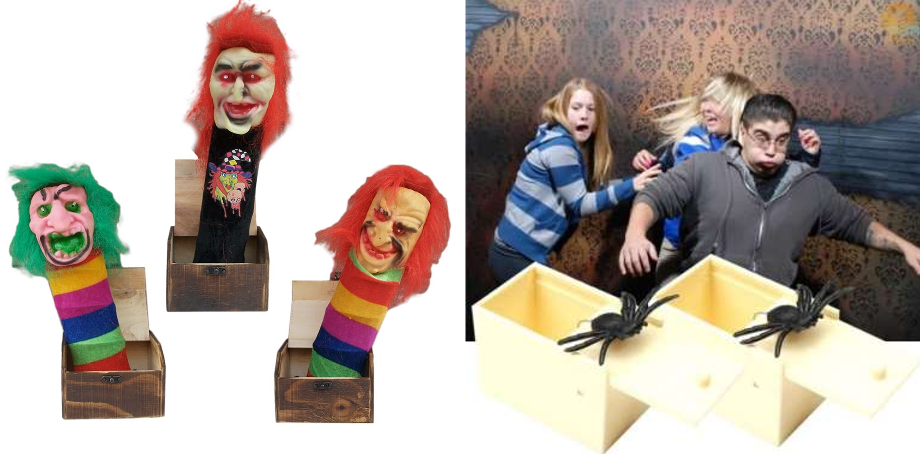
Personal Items without Consent: Gifts that involve personal items, such as clothing or accessories, should only be given if you’re sure the recipient would appreciate them. Assuming someone’s preferences without consent can lead to awkwardness and disappointment.
Gifts That Mimic Serious Conditions: Avoid giving gifts that mimic or make light of serious health conditions or disabilities. Such gifts can be offensive and belittling to those who are actually dealing with those challenges.
In conclusion, the intention behind Halloween gifts is to spread joy, celebrate creativity, and foster a sense of community. Inappropriate gifts have the opposite effect, potentially causing offense, discomfort, or even harm. When choosing Halloween gifts, always consider the feelings, preferences, and sensitivities of the recipient. Opt for gifts that embrace the playful, inclusive spirit of the holiday, ensuring that the Halloween experience is enjoyable for everyone involved.
Remember to avoid doing those inappropriate Halloween activities
As the moon sets on another memorable Halloween season, it’s clear that some activities are better left undone if you wish to preserve the magic and mystique that defines this time of year. By steering clear of these pitfalls, you can guarantee that your Halloween will remain a time of joy, laughter, and spine-tingling excitement.
So, as you bid adieu to the ghosts and ghouls that haunt your imagination during these eerie nights, remember to make choices that honor the spirit of the season. From choosing costumes that inspire wonder, to celebrating with safe and respectful practices, you can ensure that your Halloween remains a treat rather than a trick. Here’s to many more enchanting All Hallows’ Eves, filled with the kind of merriment that makes this holiday truly unforgettable.

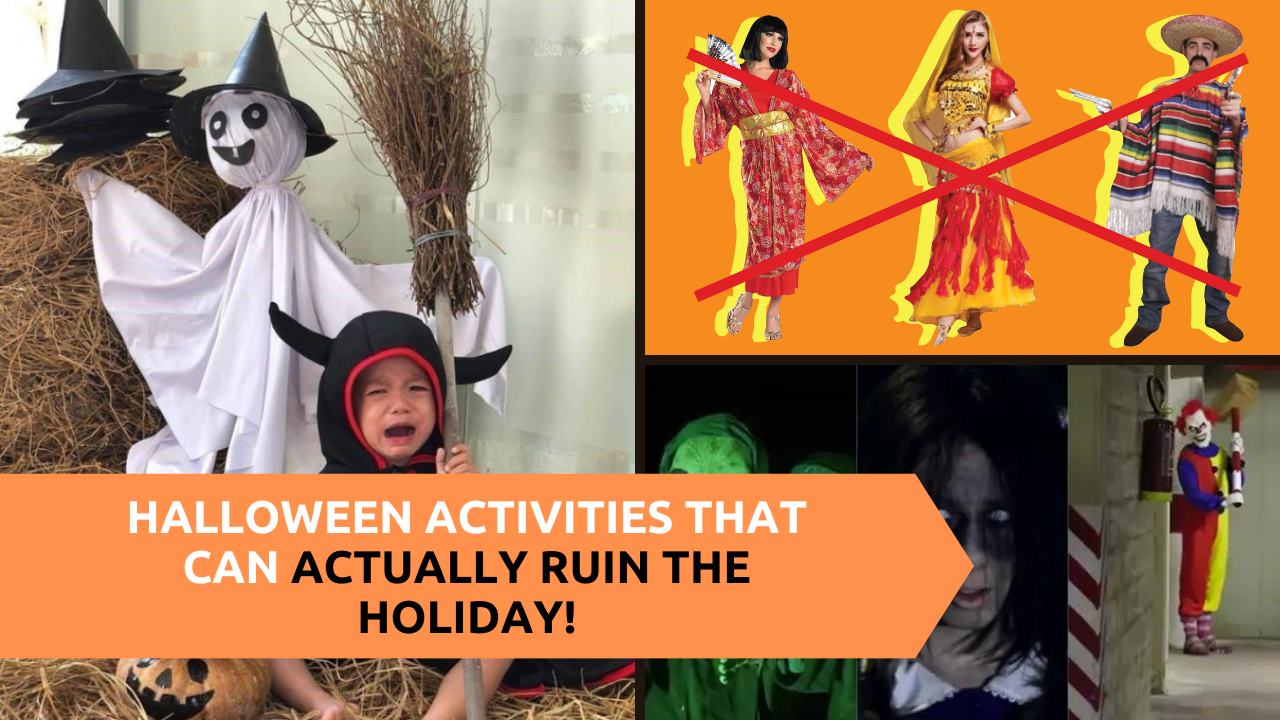
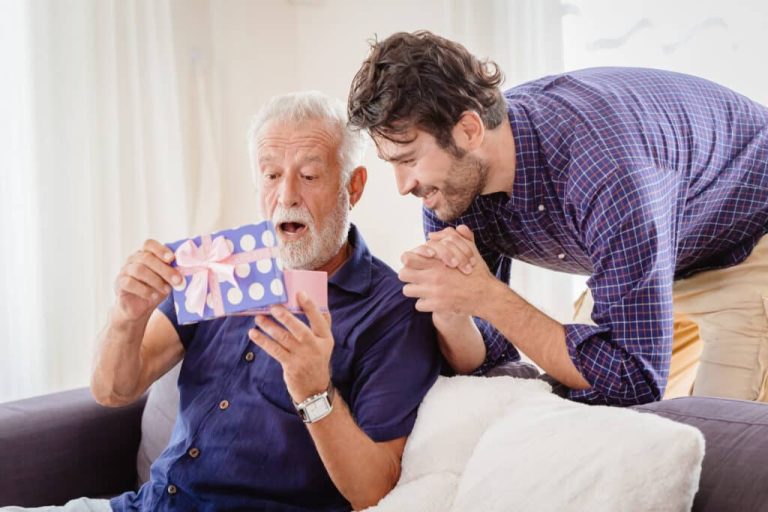

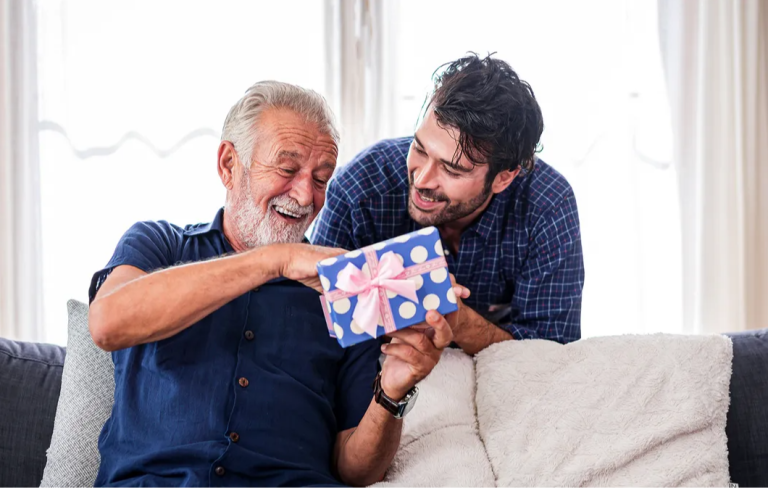




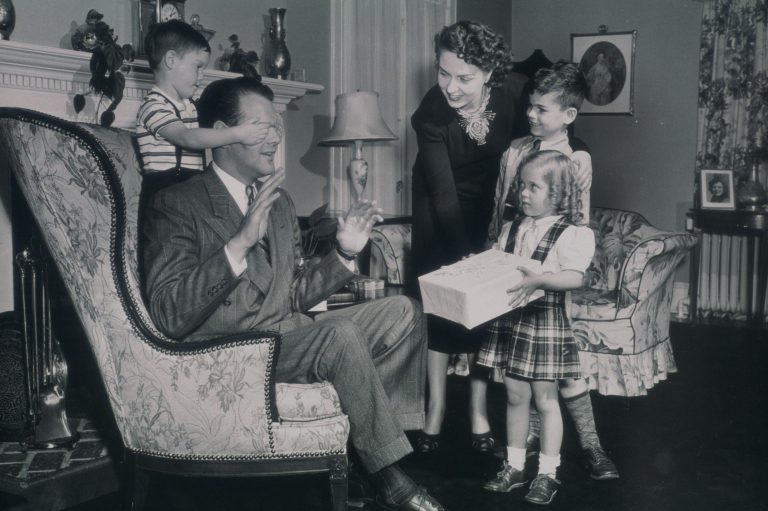


+ There are no comments
Add yours